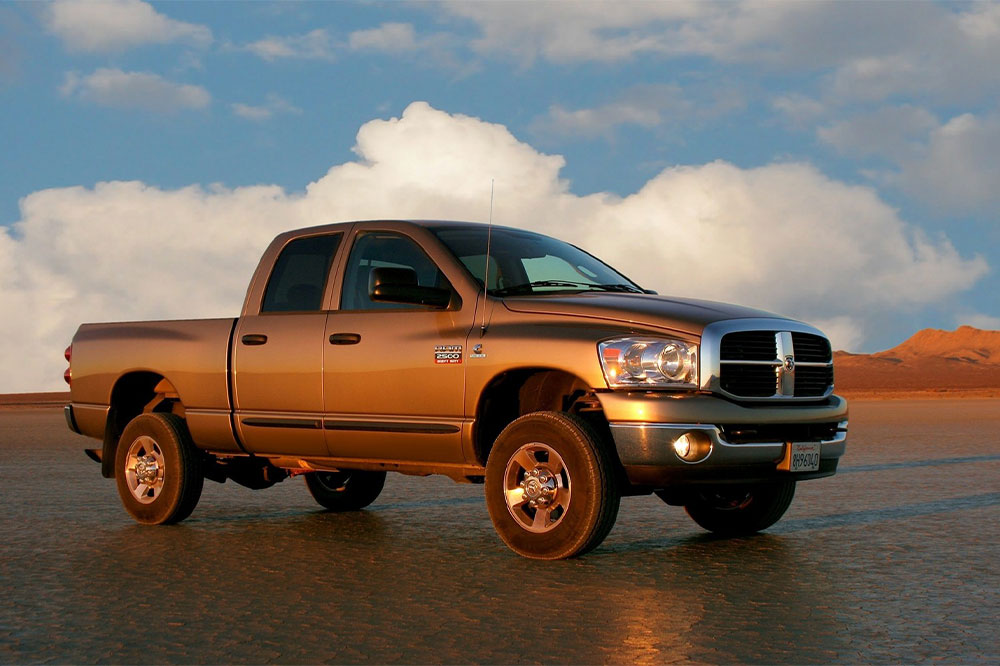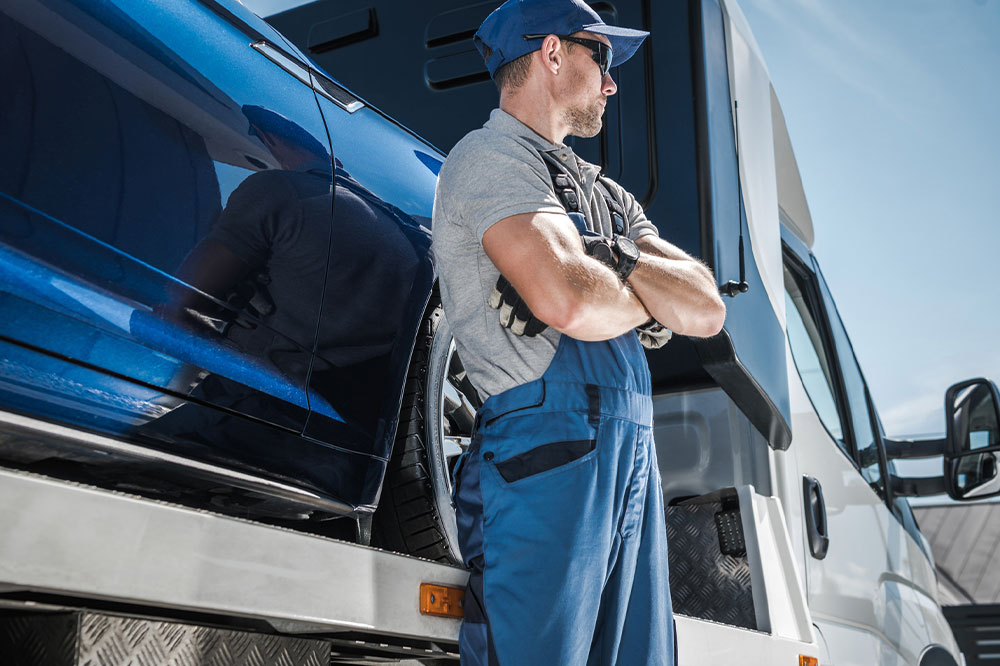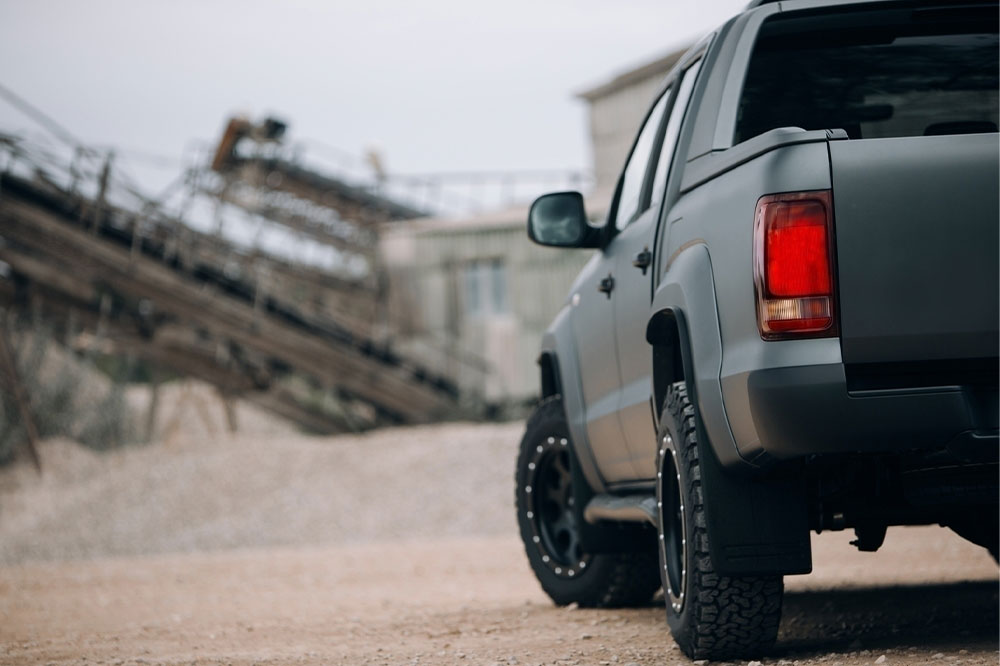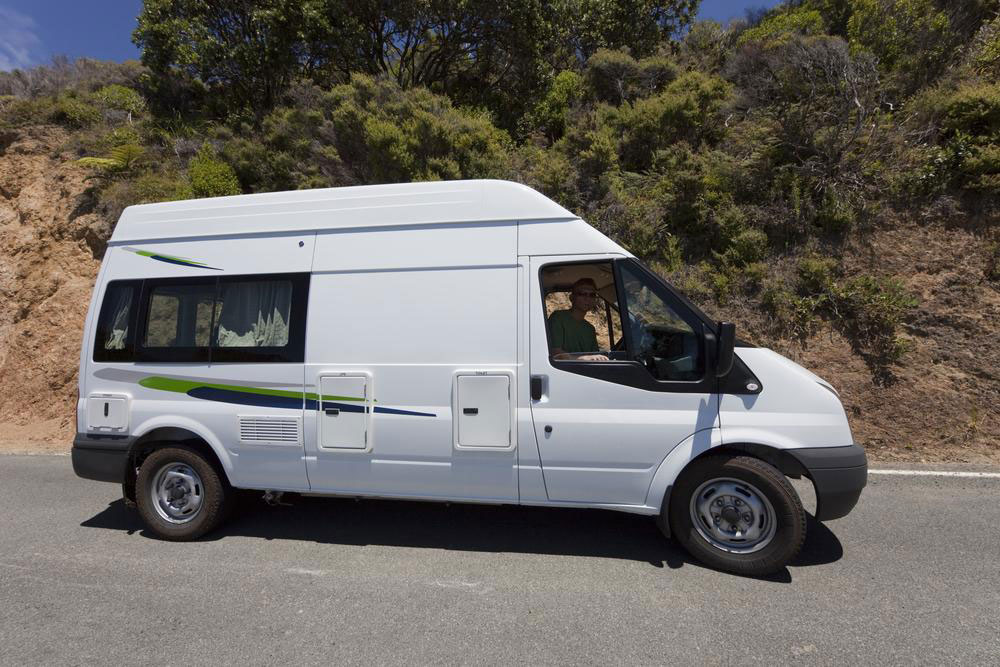Advantages and Disadvantages of Purchasing Repossessed Pickup Trucks
Discover the benefits and potential challenges of buying bank-repossessed pickup trucks. Learn how to find these vehicles, what to consider beforehand, and how they compare to new and used options. Repossessed trucks often offer significant savings, reliable warranties, and flexible financing, making them an attractive choice for budget-conscious buyers. However, limited selection, potential condition issues, and lack of test drives are important factors to keep in mind. This guide provides essential tips for making an informed purchase and maximizing value when buying repossessed trucks.
Advantages and Disadvantages of Buying Repossessed Pickup Trucks
Pickup trucks are among the most popular vehicles in the nation. While widely accessible, exploring bank-repossessed trucks can be a smart way to save money. These vehicles are seized by banks due to unpaid loans and then sold at significantly reduced prices compared to retail markets. Selecting the right repossessed truck involves weighing its advantages against potential drawbacks compared to traditional new or used options.
Benefits of Purchasing Repossessed Vehicles
Cost Savings
Acquiring a bank-repossessed pickup truck generally costs much less than a brand-new vehicle. These vehicles are priced below their original market value, making them an economical choice for budget-conscious buyers.

Further financial benefits include reduced insurance premiums and lower registration fees. Since used vehicles depreciate more gradually than new ones—losing around 20-30% in the first year—they tend to retain value better over time.
Reliable Seller Assurance
Banks typically provide certified pre-owned options, ensuring legal clarity and legitimate documentation. This reduces concerns about theft or fraud, providing peace of mind during the purchase process.
Opportunity for Better Deals
Many bank-repossessed trucks are relatively new—often just 1 to 3 years old—and may still be under manufacturer warranties. These vehicles are inspected and maintained before resale, offering buyers a high-quality used vehicle in excellent condition.
Lower Insurance Expenses
Insurance costs are based on factors like vehicle value, driver profile, and mileage. Since repossessed trucks are generally less expensive than new models, their insurance premiums are correspondingly lower, reducing overall ownership costs.
Flexible Financing Options
Buyers can choose to pay cash or obtain bank auto loans at competitive rates for repossessed trucks. Banks are often eager to sell quickly before vehicle prices decline further, and they may not require large down payments for qualified buyers.
Drawbacks of Buying Repossessed Vehicles
Limited Selection
Finding a specific model with particular features can be challenging, as repossessed trucks available for sale are limited to what the bank has seized. Buyers might need to compromise on preferences and select from available options.
Time-Intensive Process
Purchasing a repossessed truck involves research, bidding at auctions, and inspections. It may take multiple attempts and patience to secure the right vehicle at a suitable price.
Uncertain Vehicle Condition
The past maintenance and driving habits of previous owners influence the condition of used cars. It’s advisable to conduct a thorough mechanical check and inspection before purchase, though this may require prior approval from the bank.
No Test Drive Option
Many bank-owned vehicle sales do not permit test drives, creating uncertainty about the vehicle's mechanics and performance. Always attempt to arrange a test drive if possible before finalizing the deal.
To protect yourself, carefully review all contract terms, including warranties, exclusions, and potential deductibles. This can prevent unexpected costs and legal issues after purchase.
How to Find Bank-Owned Pickup Trucks
To locate repossessed pickup trucks, search online with keywords like “bank-owned pickup trucks near me.” This will bring up listings from auction sites, banks, credit unions, and used car dealerships. Prices, warranties, and vehicle conditions vary based on location and individual listings. It’s recommended to inspect the vehicle in person before making a purchase decision.










